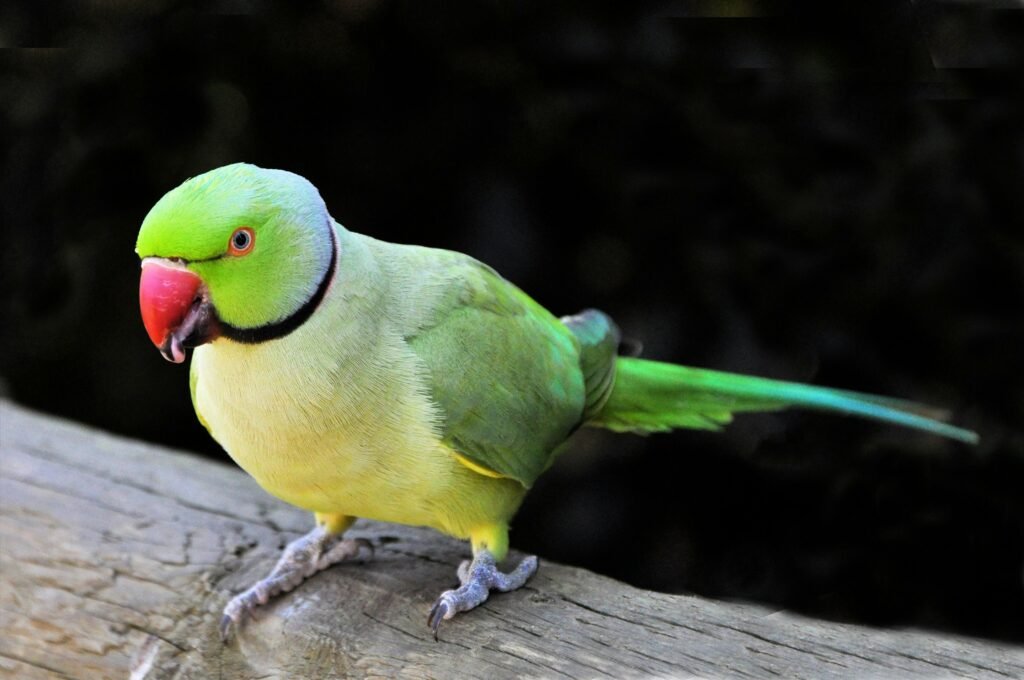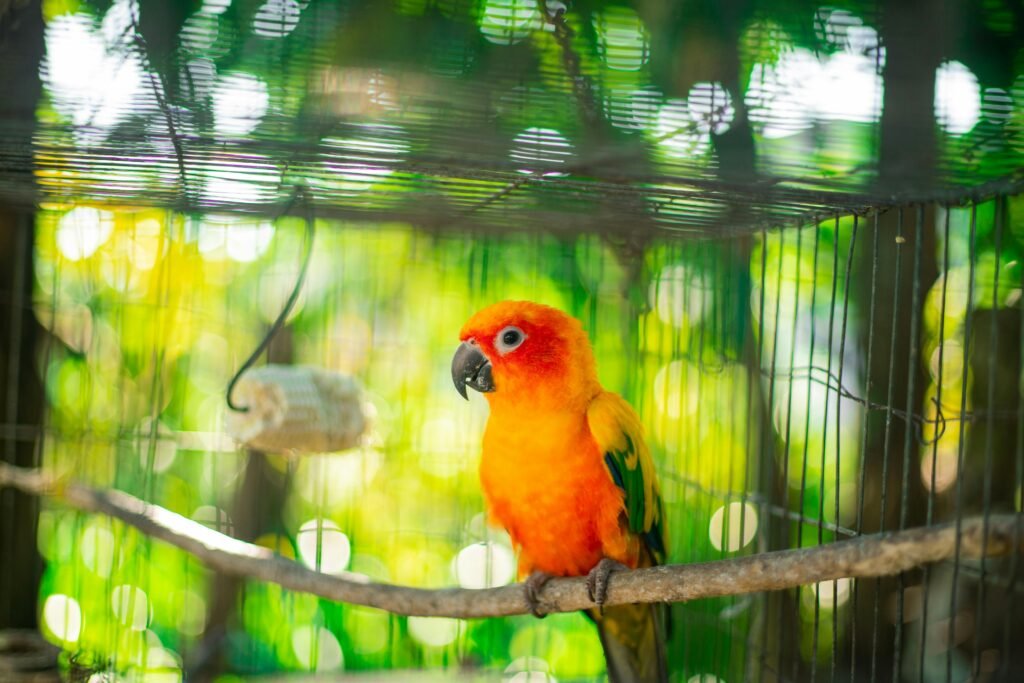

How to Stop Aggressive Behavior in Birds
Birds can be wonderful companions, but aggressive behavior can make interaction challenging. Understanding the root causes and implementing effective strategies can help in managing and reducing aggression in your feathered friend.
Birds are intelligent, sensitive creatures that can bring immense joy to their owners. However, when aggression surfaces, it can be a source of frustration and concern. This guide will explore the reasons behind bird aggression and provide practical tips to help you foster a calm, happy relationship with your pet bird.
Why Are Pet Birds Aggressive?
Understanding the root causes of aggression in birds is the first step towards addressing the behavior. Here are some common reasons why birds might become aggressive:
- Fear and Previous Trauma: Birds that were not hand-fed as chicks or those that have had traumatic experiences may develop fear-based aggression.
- Lack of Socialization: Birds that have not been properly socialized may be fearful of humans, other birds, or new experiences.
- Jealousy: Birds can become jealous if they perceive their bond with their owner is threatened by interactions with others.
- Hormonal Changes: Adolescence and hormonal changes can cause temporary aggression in birds.
- Territorial Behavior: Birds may defend their cage or feeder, viewing these as their territory.
- Stress and Lack of Mental Stimulation: Birds need mental engagement; a lack of it can lead to stress and aggressive behavior.
How to Stop Aggressive Behavior
Addressing aggressive behavior requires patience and consistency. Here are some effective strategies:
Move to a Neutral Location
Training sessions in a neutral location can reduce territorial aggression. Moving your bird’s cage to a new environment may make it more willing to cooperate and reduce defensiveness.
Don’t Force Contact
If your bird is nervous or aggressive, avoid forcing interaction. Sudden movements can exacerbate fear. Allow your bird to initiate contact, offering treats and speaking in a soothing voice to build trust gradually.
Try Stick Training
Stick training is an excellent alternative for birds that are too fearful to be handled directly. Training your bird to step up onto a stick or perch can help it get used to moving without direct human contact.
Avoid Yelling
Raising your voice can reinforce negative behavior. Birds may see your reaction as a form of attention. Instead, remain calm and use positive reinforcement to encourage good behavior.
Offer Gifts
Using treats and praise can help your bird associate handling with positive experiences. Regularly rewarding your bird with treats when it behaves calmly can strengthen your bond.
Build Trust Through Repetition
Consistency is key. Regular, short training sessions (15 minutes max) can help build trust. Over time, your bird will become more comfortable with handling.
Addressing Cage-Related Aggression
Cage-related aggression can be particularly challenging. Here are some specific strategies:
Territory and Safe Space
Ensure your bird’s cage is a safe, comfortable space. Position the cage in a corner where it feels secure, and avoid placing it in high-traffic areas of your home.
Fear and Apprehension
Birds may exhibit aggression out of fear, especially if they have not been properly socialized. Approach the cage slowly, with your head lowered, and avoid direct eye contact to reduce fear.
Veterinary Check-Up
If your bird’s aggression is sudden, a veterinary check-up is essential to rule out underlying health issues.
Breaking the Pair Bond
If your bird becomes jealous of your interactions with others, involve family members in confidence-building exercises. Encourage them to offer treats and interact with your bird positively.
Keep a Flexible Routine
Birds thrive on routine, but too much rigidity can lead to frustration if disrupted. Implement a flexible schedule for feeding, play, and interaction to help your bird adapt to changes.
Get Professional Help
If your bird’s aggression persists despite your best efforts, consult an avian veterinarian or a certified parrot behavior consultant. They can provide tailored advice and strategies for your specific situation.
Keep Your Bird Calm and Relaxed
Addressing aggressive behavior in birds requires understanding, patience, and consistency. By identifying the root causes and implementing these strategies, you can foster a positive, trusting relationship with your feathered friend. Remember, every bird is unique, and finding the right approach may take time, but the reward of a happy, well-adjusted pet is well worth the effort.
For more expert tips and pet care advice, visit Peternity Reviews.
